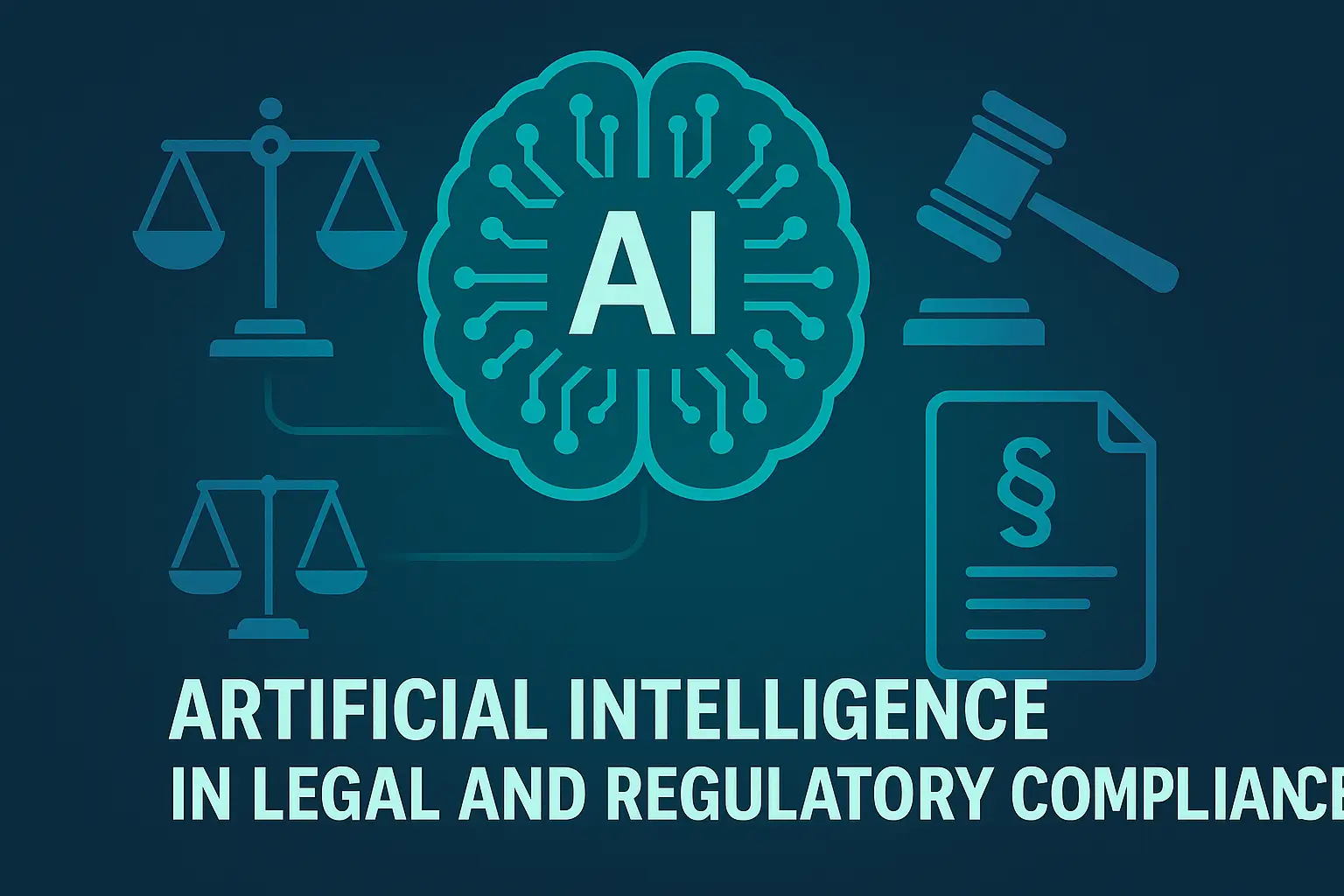In today’s fast-paced, globalized economy, supply chain efficiency can make or break a business. Artificial Intelligence (AI) is emerging as a powerful tool that helps companies streamline operations, reduce costs, and respond to disruptions in real time. From demand forecasting to inventory management and logistics optimization, AI is transforming every link in the supply chain.
This article explores how AI is optimizing the supply chain industry and shaping the future of global commerce.
AI in Demand Forecasting
Accurate demand forecasting is essential for planning production, inventory, and distribution. AI improves this process by:
- Analyzing historical sales, market trends, and external factors (e.g., weather, holidays)
- Identifying patterns and seasonality
- Adjusting forecasts in real time as new data comes in
AI-driven forecasts are more precise, enabling businesses to reduce stockouts, minimize overstock, and plan proactively.
AI in Inventory Management
Managing inventory across multiple locations and suppliers is complex. AI helps by:
- Monitoring inventory levels in real time
- Automating reorder decisions based on predicted demand
- Suggesting optimal stock levels and reorder points
- Preventing losses from expired, obsolete, or excess inventory
This ensures the right products are available at the right time and place.
AI in Warehouse Automation
Modern warehouses are becoming smarter with AI-powered systems that:
- Guide autonomous robots for picking, packing, and sorting
- Optimize shelf space and layout for efficiency
- Predict maintenance needs for equipment
- Reduce human error and boost safety
Companies like Amazon and Alibaba use AI to manage massive fulfillment operations with remarkable precision and speed.
AI in Route Optimization and Logistics
AI enhances transportation and delivery by:
- Calculating the most efficient routes in real time
- Monitoring traffic, weather, and road conditions
- Reducing fuel consumption and emissions
- Coordinating multiple carriers and delivery methods
Logistics platforms like UPS’s ORION system save millions in fuel costs annually by optimizing delivery routes with AI.
AI in Supplier Relationship Management
AI supports better supplier management by:
- Evaluating supplier performance and reliability
- Predicting risks like delays, quality issues, or financial instability
- Recommending alternate suppliers in case of disruption
- Automating contract and compliance monitoring
This strengthens supply chain resilience and ensures smoother operations.
AI and Predictive Maintenance
Equipment downtime can disrupt supply chains and inflate costs. AI-powered predictive maintenance systems:
- Use IoT sensors to monitor machinery conditions
- Detect early signs of wear or failure
- Schedule maintenance at optimal times
- Extend asset lifespan and minimize disruptions
This proactive approach reduces downtime and maintenance costs.
AI in Procurement and Spend Analysis
Procurement teams use AI to:
- Analyze supplier quotes and pricing trends
- Automate purchase order creation
- Detect fraud and non-compliant purchases
- Recommend cost-saving opportunities
AI-driven procurement reduces manual work and improves decision-making accuracy.
AI and Risk Management
Supply chains face constant risks—from natural disasters to geopolitical tensions. AI enhances risk management by:
- Analyzing data from news, social media, and sensors
- Forecasting potential disruptions
- Recommending contingency plans and alternative routes
- Enabling faster response during crises
This helps companies remain agile and avoid costly delays.
Benefits of AI in Supply Chain Optimization
1. Improved Accuracy
AI delivers more reliable forecasts and insights, reducing guesswork.
2. Increased Efficiency
Automation accelerates routine tasks and improves resource allocation.
3. Enhanced Visibility
Real-time tracking and data analysis provide a full picture of supply chain performance.
4. Cost Savings
Optimized operations lead to lower labor, fuel, and inventory costs.
5. Greater Resilience
AI prepares companies for disruptions and enhances adaptability.
Challenges and Considerations
Despite its potential, implementing AI in supply chains presents challenges:
1. Data Quality and Integration
AI relies on clean, consistent data from multiple sources. Poor data hinders performance.
2. High Upfront Costs
AI systems and infrastructure can be expensive to implement.
3. Workforce Adaptation
Employees must be trained to work with AI tools and interpret insights.
4. Security Risks
Supply chains are targets for cyberattacks. AI systems must be protected from data breaches.
5. Ethical Concerns
AI-driven decisions in procurement and labor management must be fair and transparent.
Future Trends in AI and Supply Chain
Looking ahead, the supply chain industry will see innovations such as:
- Digital twins that simulate supply chain scenarios for testing and optimization
- Autonomous delivery vehicles and drones
- Blockchain integration for transparent and secure tracking
- Self-healing supply chains that automatically reroute around disruptions
- AI-powered sustainability metrics to monitor and reduce environmental impact
These advancements will make supply chains more agile, intelligent, and sustainable.
Final Thoughts: Smarter Chains for a Smarter World
Artificial Intelligence is redefining how goods are produced, moved, and delivered around the globe. With AI, supply chains become more responsive, efficient, and resilient—able to meet customer expectations in an increasingly complex world.
Companies that embrace AI in their supply chains will gain a competitive edge, not just in performance, but in innovation and sustainability.
